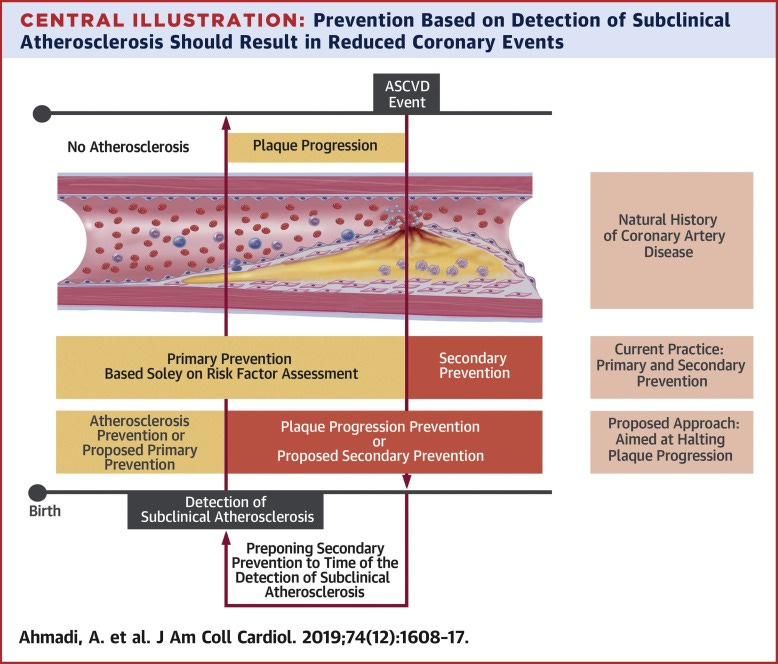Keto Loved This Study but it missed the Mark
Plaque doesn't make plaque. LDL does. And keto? It's making it worse.
There’s a new study out that has the keto community cheering.
Published in JACC: Advances, the study looked at people on carbohydrate-restricted diets — the typical keto profile. These folks had sky-high LDL cholesterol — many well above 200 mg/dL — and yet, the headline was this:
“No significant difference in atherosclerotic plaque burden compared to a matched non-keto cohort.”
JACC: Advances, 2025
Keto influencers spun it like this:
"See? LDL doesn't matter!"
"Plaque doesn't mean anything!"
"Butter up, bros!"
Except… that’s not what the study says. Not even close.
What the Study Actually Found
When researchers compared low-carb dieters with very high LDL to a standard population cohort (from the SCOT-HEART trial), the keto group had similar levels of atherosclerosis — despite being younger and having fewer metabolic risk factors.
In other words, people with fewer traditional risk factors had the same level of plaque — simply because their LDL was high. And that’s the point.
If a 38-year-old with a 10% body fat percentage on keto has the same plaque burden as a 55-year-old on the Standard American Diet, that is not a win for keto. That’s a red flag.
Plaque Doesn’t Make Plaque. LDL Does.
Some in the low-carb world have tried to invent a new theory:
"Once you have plaque, it grows more plaque."
But decades of cardiovascular research — including the foundational Progression and Rupture study from JACC — make it clear:
Plaque forms and progresses because ApoB-containing lipoproteins (like LDL) cross the endothelium, get stuck, and ignite inflammation.
Libby et al., JACC, 2020
Without LDL and ApoB, plaque doesn’t form. Period.
So no — this study didn’t vindicate keto.
It confirmed that extremely high LDL drives early plaque development — even in people who appear metabolically healthy.
Even the Standard American Diet Had Less Plaque Progression
Yes, the non-keto comparison group had worse lifestyle habits. But guess what? Their average LDL was much lower — and their plaque burden was the same or less.
That means the single most important driver of plaque in this study wasn’t insulin resistance, sugar intake, or triglyceride levels.
It was LDL.
Why This Matters
The keto community loves to cherry-pick data that confirms their bias — and ignore the mechanisms that actually drive disease. But this study unintentionally revealed exactly what decades of lipidology have already shown:
LDL cholesterol is causal in atherosclerosis
ApoB particle count is the best marker of risk
You can look lean and “fit” and still be quietly building plaque
Keto isn't neutral — in many cases, it’s accelerating risk
Coming Up in Part 2: Butter vs. Oils – What the Mortality Data Says
In the next post, we’ll explore the latest data showing that butter isn’t just spiking your LDL — it’s also increasing your risk of dying from cancer and cardiovascular disease. And we’ll talk about how plant-based oils like olive and canola actually lower your mortality risk, one tablespoon at a time.
TL;DR
The JACC: Advances study didn’t vindicate keto — it exposed it.
High LDL = more plaque, regardless of diet or abs.
The Standard American Diet isn’t healthy — but in this study, it still had less plaque progression than keto.
LDL is the fuse. ApoB is the match. Keto is the gasoline.
Subscribe to stay updated — especially if you want the science without the spin.
And follow me on TikTok and Instagram @drterrysimpson for real-time updates, bird flu breakdowns, and nutrition mythbusting — one plate at a time.



